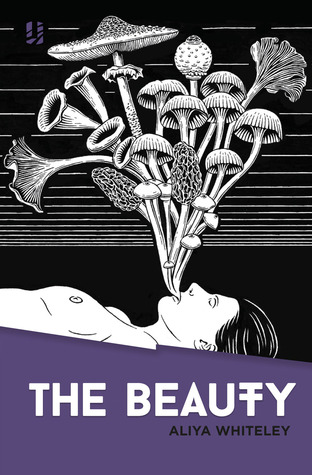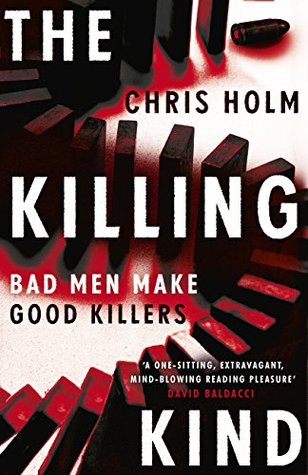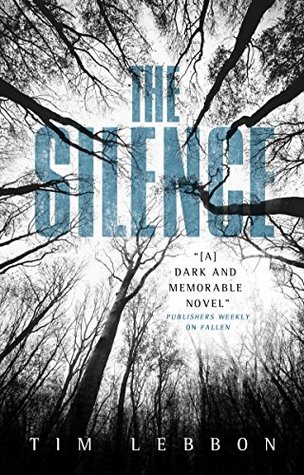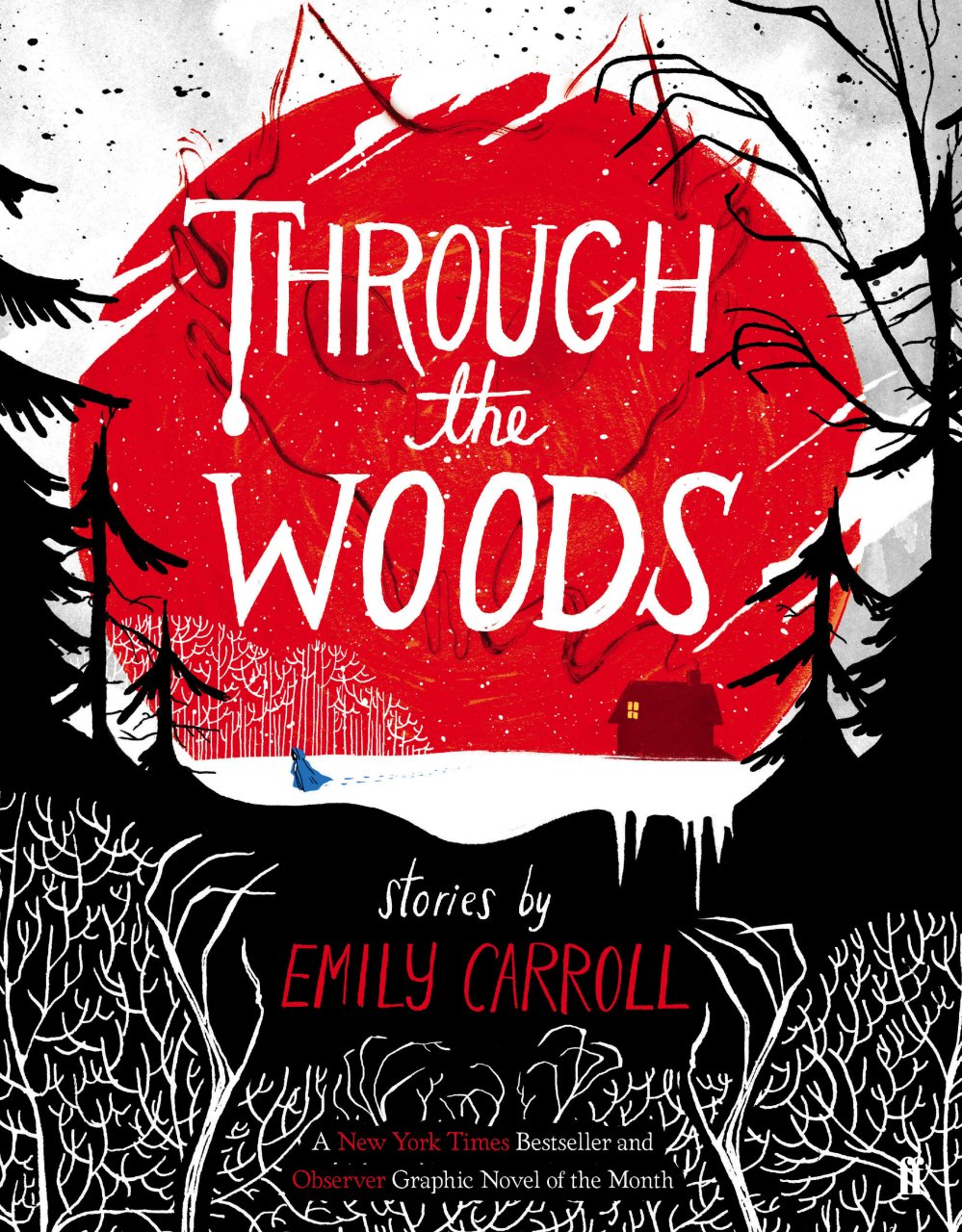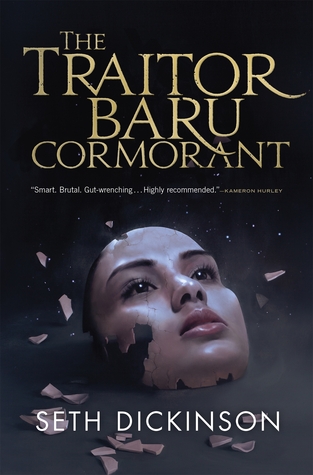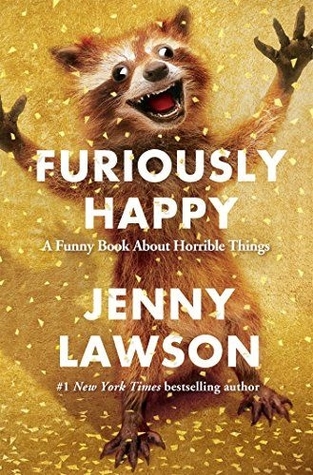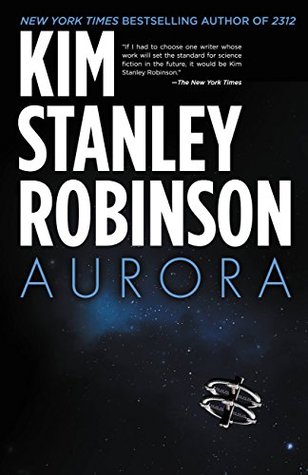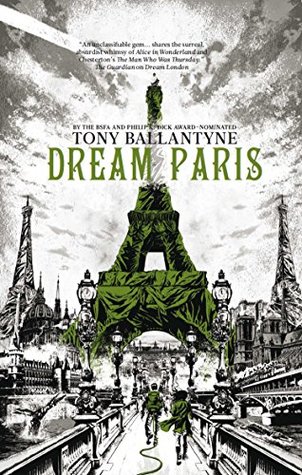Before Worldcon, I'd never felt quite so at home before, anywhere, among any group of strangers, ever. I'd been quite nervous, even worrying about stuff like dress code (what if I'm the only one not in cosplay fancy dress?), and then felt enormous relief to see so many others with fashion sense that wasn't miles away from my own. (Comfortable, bit scruffy, slightly unkempt, BECAUSE WHY ON EARTH SHOULD PEOPLE WASTE BRAIN ENERGY THINKING ABOUT CLOTHES, so long as they cover what they need to cover and regulate the body's temperature / exposure to precipitation appropriately...)
So, anyhow, I quickly decided that I wanted to do this again. And again. And again...
After attending every geeky convention I could in 2015, here are my thoughts:
Eastercon
- The biggest literary annual sf/f convention in the UK.
- The closest UK covention in size, scope and atmosphere to Worlcon, but still a lot smaller
- I will definitely go again.
Nineworlds
- A convention celebrating pop culture, fandom, some literature but also TV, computer games, academia, popular science & technology and all things geek
- The most internet-led of the conventions I attended: it seems to have been organised by and for bloggers, tweeters, tumblerers etc.
- Nineworlds put a lot of emphasis on diversity. There was, however, a lot more white diversity noticeable than ethnic / racial / religious / cultural diversity. (I.e. many people with disabilities, many LGB and especially many T attendees).
- I've read claims that some of the organisers have close links with a particularly vicious online troll / bully, so I'm not quite sure what to make of that. Perhaps inevitable for an event that is internet-centric in its origins.
I enjoyed myself, but I don't think I will go again. I'm more interested in books, so large proportions of Nineworlds were of limited or no interest to me at all. Whereas every other con would frequently have two or three things vying for my attention, Nineworlds rarely had more than one event of interest at the same time.
Somewhat to my surprise, it was the academia track that turned out to be this con's strongest feature. It was joyful and exuberant and excited about knowledge, without any of the trappings of the Hay Festival (egos & a pervasive air of superiority complexes) or academic conferences (academic feuds / politicking). Academia is not always the best at humility and kindness, but at Nineworlds, the events and discussions felt wholesome and warm in ways that are preciously rare.
Bristolcon
- Small but local (well, across the bridge) and affordable.
- There are quite a few high profile SF/F writers based around Bristol and the West of England & Wales.
- Shame Cardiff doesn't have any similar book conventions. (There are horror & comic conventions in Cardiff, but not SF/F book ones, as far as I know)
- I'll go again.
Fantasycon
- It's all about books and writers.
- An instant favourite among UK conventions
- Smaller in number of attendees than Eastercon & Nineworlds, but equal number of industry professionals
- A convention with the occasional whiff of a trade fair: better for networking than any of the other events.
- Top Tip: Publishers are looking for manuscripts about vampire unicorns at the moment, according to the panel where the heads of all the SF/F publishing houses were discussing the future of publishing.
- I suck at networking
- I will definitely go again.
The final convention I attended in 2015, and an instant favourite. Virtually all the professionals who attended any of the other cons were at Fantasycon, too. The professional / panellist to fan ratio was staggering: enough fans and readers to avoid the place feeling empty, but so many professionals that each room contained not just a panel, but also an audience of people in the publishing business. It felt like about 30% of the people here were working in the industry.
Also, this event had more freebies than any of the others, while having a smaller cohort of attendees. Basically, I shamelessly picked up so many books, it would probably have cost me more than the ticket price to buy them in a shop.
This was the one convention where I wished that I was a bit more social / outgoing and less awkward. After some gruelling months in work, and feeling totally knackered with a sore throat and a slightly feverish / woozy head, I was even more antisocial than usual.
For any writer seeking an event that's useful for networking, Fantasycon beats all the others, hands down.
The Dealer's Room was quite different from the other conventions, too. It was surprisingly horror-centric, and it featured one or two publishers I hadn't seen at other UK conventions. That said, I got the impression that the stalls did less trade than at other events.
